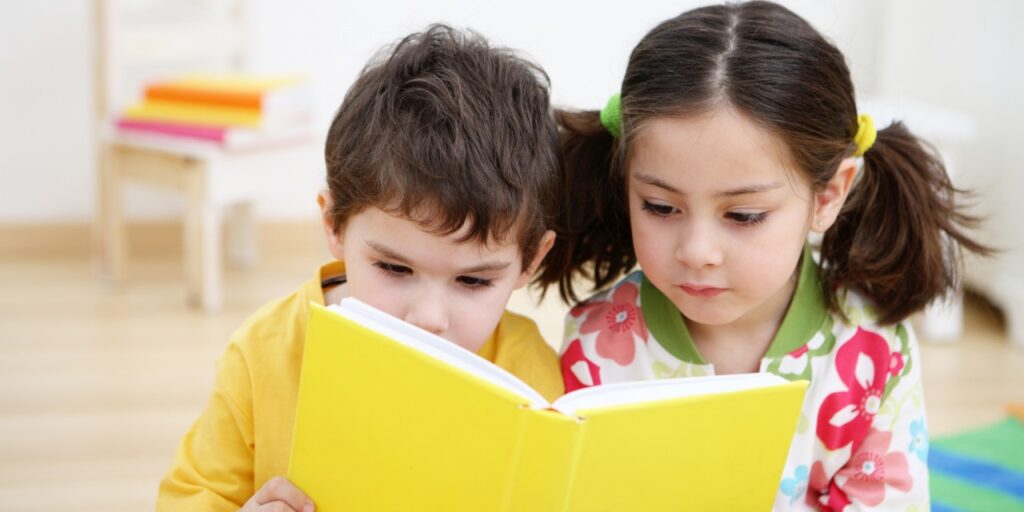Reading is more than just a fun activity — it’s one of the most powerful tools to boost your child’s brain development. From building vocabulary to enhancing imagination and improving focus, reading shapes a child’s mind in extraordinary ways.
In this article, we’ll explore the top benefits of reading for brain development, explain the science behind it, and share simple ways to develop reading habits at home.
🧠 How Reading Stimulates the Brain
When a child reads, multiple parts of the brain are activated:
- Auditory cortex (listening and language)
- Visual cortex (recognizing letters and images)
- Prefrontal cortex (comprehension and decision-making)
- Memory centers (retention and learning)
Reading builds neural connections that support cognitive development, especially in early childhood.
✅ Top Benefits of Reading for Brain Development
1. Boosts Vocabulary and Language Skills
Reading exposes children to a wide range of words, phrases, and sentence structures.
🧠 Fact: Children who are read to regularly know more words by age 5 than those who aren’t.
2. Improves Focus and Concentration
Listening to or reading a story helps a child learn how to stay focused and follow a narrative, which also improves academic performance.
3. Enhances Imagination and Creativity
Books transport children into different worlds, cultures, and experiences. This sparks:
- Creative thinking
- Problem-solving skills
- Emotional understanding
4. Strengthens Memory and Cognitive Skills
Understanding a story requires children to remember:
- Characters
- Settings
- Plot
- Cause and effect
This enhances working memory and brain processing speed.
5. Supports Emotional and Social Development
Stories help children recognize emotions, develop empathy, and improve communication skills.
💬 Example: Books about friendship and kindness teach kids how to understand others’ feelings.
6. Improves Academic Success
Reading builds the foundation for success in all subjects—especially language, science, and math—by strengthening comprehension and logic.
7. Encourages Lifelong Learning
Children who enjoy reading are more likely to be curious and self-motivated learners throughout life.
🕐 Best Time to Start Reading? Early!
Experts recommend reading to babies from birth, as early exposure boosts brain development during the most critical growth period (0–5 years).
📖 Types of Books for Different Ages
| Age Group | Recommended Reading |
|---|---|
| 0–2 years | Board books with pictures, touch-and-feel books |
| 3–5 years | Rhyming stories, colorful picture books |
| 6–8 years | Beginner storybooks, fairy tales, comics |
| 9–12 years | Chapter books, adventure, science fiction |
| Teens | Novels, biographies, historical fiction |
👨👩👧 Tips to Build a Reading Habit in Children
- Read aloud daily – even for 10–15 minutes
- Let them choose books based on their interests
- Create a cozy reading corner at home
- Visit the library or local bookstore regularly
- Limit screen time to make room for books
- Be a role model – read with or beside your child

